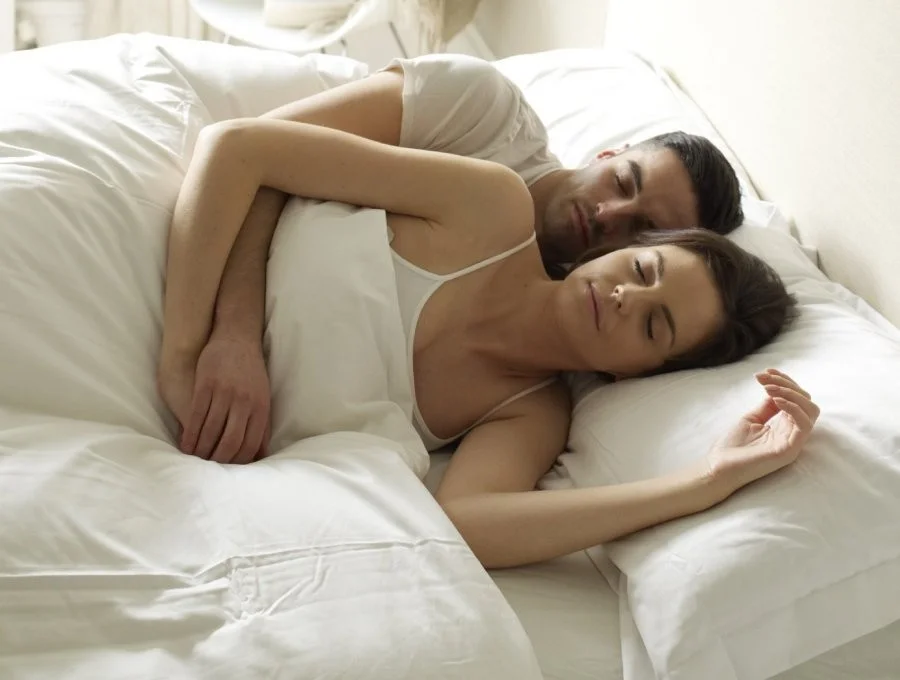The demand for DIY and garden equipment has surged since lockdown started but have you thought about whether now is the perfect time to assess your bed?
Worries and anxieties about Covid-19, job security and finances can make it difficult to fall asleep and can cause more restless sleep. The absence of our regular everyday routines can also disturb our sleep.
With many struggling to fall asleep and stay asleep at the moment, it could be time to see if a new bed may help…
The bed is often overlooked when it comes to getting a good – or a bad – night’s sleep!
And yet it plays a pivotal role. You could do all the other things right like avoiding caffeine, switching off electronic devices and keeping the bedroom dark, but if you’re sleeping on an old, spring poking, mattress you still won’t get a good night’s sleep.
Better bed, more sleep!
Past research shows that sleeping on an uncomfortable mattress can rob you of up to an hour’s vital, restful sleep. Instead of waking up refreshed, revitalised and ready to face the world, sleeping on a grotty old bed is likely to give you a disturbed night and a stiff neck or back in the morning.
If you’ve spent every night with your mattress for years, maybe now’s the time to think about replacing it. While there is no official ‘use by’ date on a mattress, there is definitely a best before!
And that means before your sleep starts suffering – yet most people only replace their mattresses when they’re finding them truly uncomfortable.
How do I know when it needs replacing?
We often don’t take into account that it is not just about how the mattress looks or feels – there are other factors involved. Your mattress may look okay to the naked eye but what’s really going on inside? Is it still supporting you correctly? Is it still offering the optimum levels of comfort?
There’s also the hygiene aspect too. Each year you shed a pound of skin (454 grams) into your mattress and lose around half a pint (285 ml) of moisture while sleeping each night. Plus regular mattress replacement is vital to reduce the prevalence of the house dust mites linked with many allergic health problems.
Don’t forget if you’ve had your mattress more than 10 years your body may be sensitive to new problems (ie you may be experiencing different health issues), you may have lost or gained a sleeping partner and you may have got slimmer or even bigger.
If you were asked how long do you think a mattress should last, what would your answer be? Five years? 10 years? Or would you say something shocking like 15 years? It’s not uncommon for people to believe that a mattress should last around 10-15 years, even if they’ve only paid a couple of hundred pounds for it.
Words of wisdom
Don’t underplay the importance of a bed in getting a good night’s kip. A comfortable, supportive bed will ensure you move less, wake less, aren’t disturbed by your partner as much and are less likely to wake up feeling tired or aching.






0 Comments